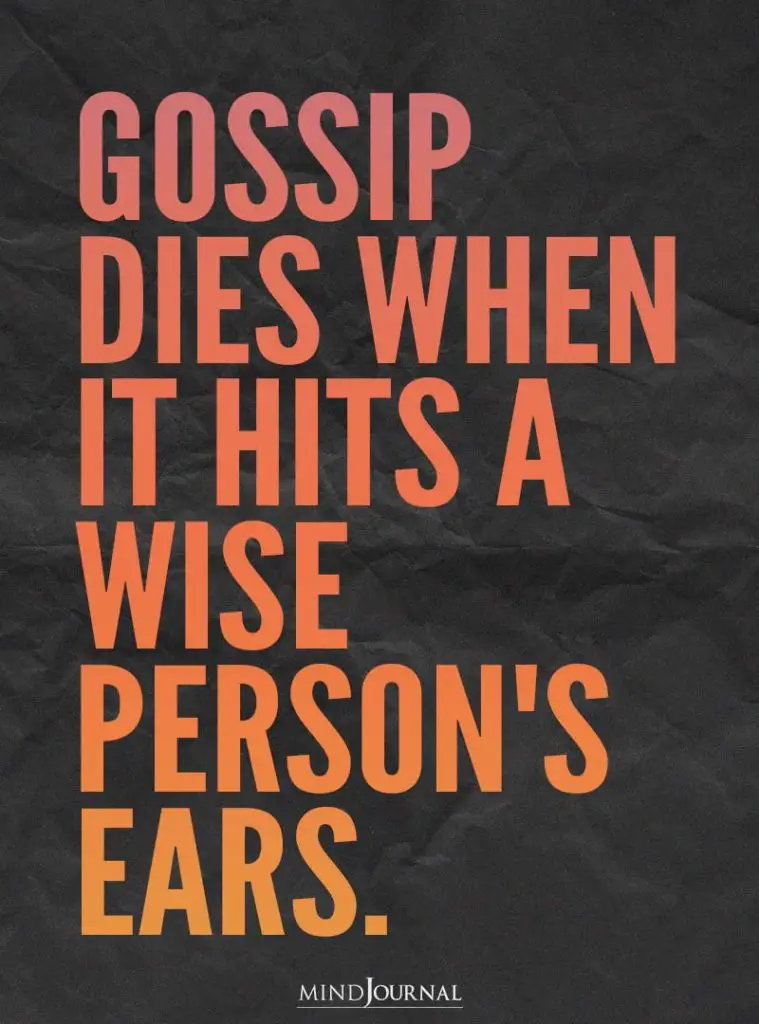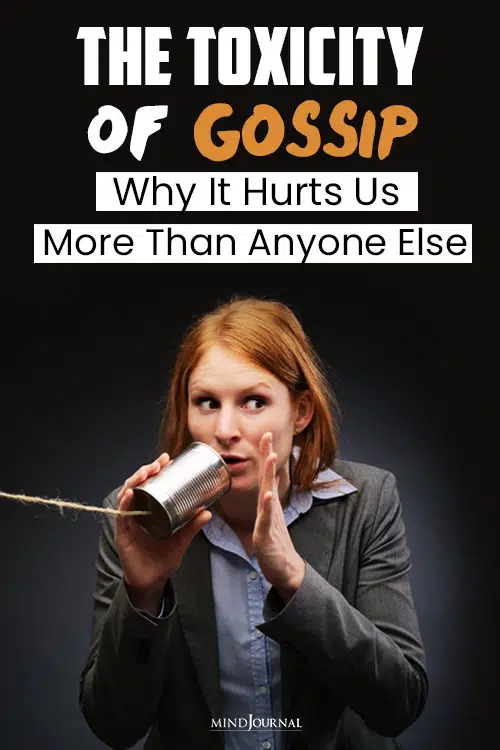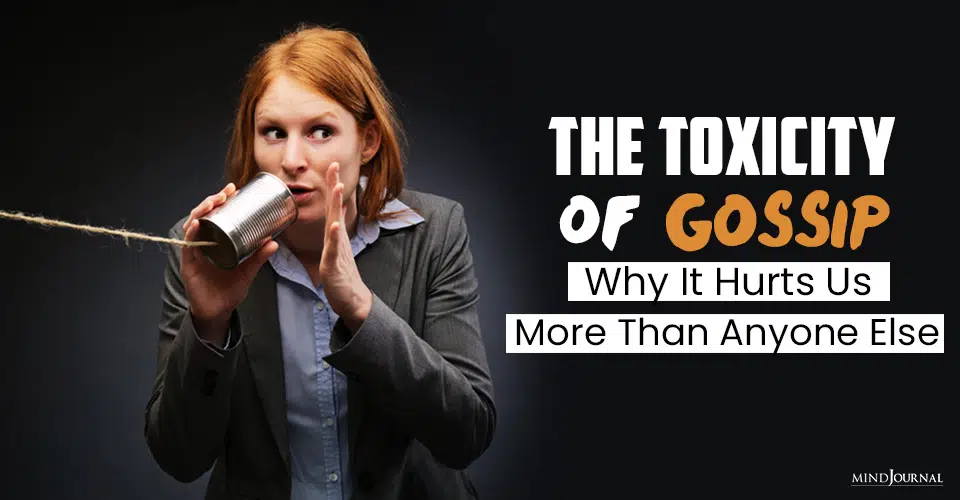“How would your life be different if you walked away from gossip and verbal defamation? Let today be the day…You speak only the good you know of other people and encourage others to do the same.” ― Steve Maraboli
I’ve been meaning to write this for a while. Every time I think about writing it, though, I stop myself due to fear of judgment and of being gossiped about.
Go figure.
Every morning I write down three lists in my journal: gratitude, affirmations, and intentions.
Almost every single day, the intention of not gossiping is written down. It’s a behavior that I can still struggle the most with. I get so easily pulled into the toxicity or drama of another’s life and feel this internal urge to chime in, agree, or give my two cents about certain life decisions of another person. Every time, without fail, these behaviors or life choices have absolutely nothing to do with me or my life.
So why do I insert my opinion and stir the pot of gossip?
I’m writing this article with the secondary intention to keep myself accountable and bring the gossiping character defect to my attention. To be honest, it’s really difficult writing these words right now. I almost don’t want to publish it because I know there may be some ramifications.
All the more reason to write!
Related: This Simple Phrase Will Stop Gossip Once and For All
The first time the toxicity of gossip was brought to my attention was about 4 years ago when I first read the book, The Four Agreements by Don Miguel Ruiz. A short, existential read, it propelled me into a state of awareness that I didn’t know I wanted to have my eyes opened to.
The first agreement is, “Be impeccable with your word.” Ruiz goes into detail about the root of the word “impeccable,” stemming from “without sin.” He continues to explain and emphasize the importance of using our words wisely, restating over and over that our word has a ripple effect on the people around us.
When we gossip, we are fertilizing our minds with toxicity and judgment. We are much more likely to scrutinize ourselves when we are busy scrutinizing others. We are significantly more susceptible to self-centered fear and the obsession that others are going to gossip about us.
When I feel the internal pang of adrenaline that rushes through me right before I start character assassinating another person, I try to combat by asking myself these three questions (which I saw on a Facebook video some time ago):
Is it true?
Is it good?
Is it useful?
The reality is that I don’t always practice this mindful technique. The reality is that I am just as human as anyone else and I can fall directly into the pit of gossip that almost feels like quicksand; the more I try to justify my actions or reword my gossip, the more I fall more deeply into the pit.

I try to remember this: I tend to have a much more difficult time trusting peers who gossip constantly than the ones who don’t. If someone is speaking negatively about all of my friends to me, they are extremely likely to be doing the same thing to me behind my back. Thus, trust is never fully cultivated and I find myself people-pleasing my way around the friendship.
Well, that’s super unhealthy.
So let’s take a look inwardly at why we gossip. For me, I can inadvertently feel better about myself when I am putting another person down. I can put myself up on a pedestal, even when I’m judging another person for being judgmental, which is super hypocritical.
Related: How To Grow Up Mentally: 15 Simple Tips
But rather than shame myself for my basic human nature, I can practice moments of self-forgiveness while simultaneously keeping myself accountable. Instead of telling myself, “I literally wrote an article about this… how am I so hypocritical?” I can gently say, “I really don’t like that I just gossiped. I don’t want to do that anymore. I forgive myself for being human but I am going to keep myself accountable by telling on myself promptly and making the concerted effort to change my actions.”
I am a firm believer that we cannot shame our way into growth.
The last of The Four Agreements is, “Always do your best.”
That means that some days, my best is only going to be 60%. Maybe I am grieving, I’m physically sick from a cold or the flu, or I am in the midst of some really intense hormonal cycle. Rather than using that as justification for my actions, I can practice self-compassion and understand that I am doing the best I can at this moment if I am being as honest as I can. Other days, my best is 100% and I can live up to my ideals.
The most significant thing to help me avoid the gossip trap is surrounding myself with people who are also trying to better themselves and hold themselves accountable.
Related: How to Stay Positive around Negative People
If I surround myself with negativity, toxicity, and gossip, I am going to adapt to my surroundings and that will become my new normal. If I surround myself with women and men who don’t allow themselves to fall into that trap or get honest about falling short and can practice that internal self-compassion, I am able to grow to those ideals that have been set as the norm.
Lastly, whether or not you’re in a 12-step program of recovery, you can apply the 10th step in your daily life. The 10th step is, “Continued to take personal inventory and when we were wrong promptly admitted it.” The 11th step goes on to provide us with morning intentions and a nightly inventory which includes questions like, “Were we resentful, selfish, dishonest, or afraid?”
Just for today, try to practice mindfulness and check your intentions when it comes to gossip. I can almost guarantee that it will not only change your relationships with others in your life, but most importantly, it will change your relationship with yourself.
Written By Hannah Rose Originally Appeared On Psychology Today









Leave a Reply
You must be logged in to post a comment.